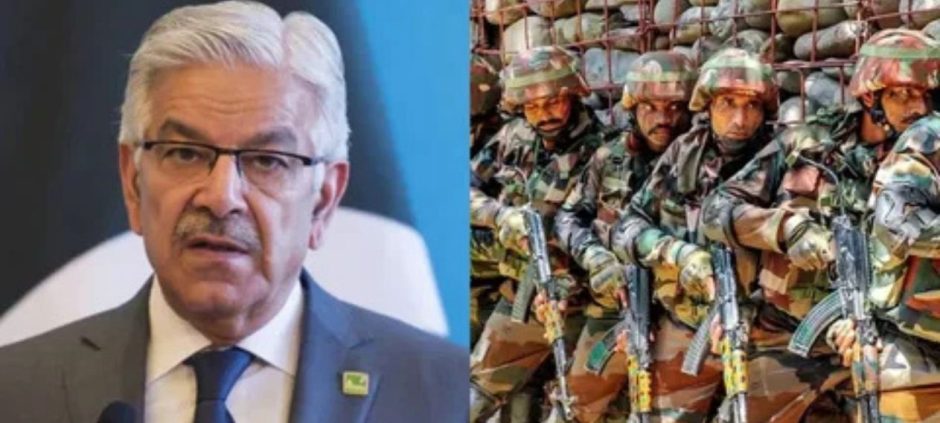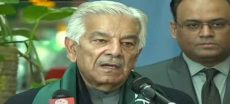Pakistan’s defence minister, Khawaja Muhammad Asif, has accused India of launching a “proxy war” via Kabul, saying New Delhi is using Afghan territory to destabilise Pakistan’s western frontier. The minister claimed India is backing militant groups and allowing Afghan soil to be used as a staging ground for attacks.
Asif told reporters that “India has been involved in terrorism on our western borders for the past 40 years”. He said the country is now fighting a proxy war via Afghanistan’s capital and western zones. He insisted that Pakistani forces will respond decisively to any such moves.
His remarks come amid rising tensions along Pakistan’s western border and reports that Afghan territory is being used by Islamist militant groups targeting Pakistan. A former Afghan general recently alleged there are links between Indian funding, Afghan groups, and attacks inside Pakistan.
The defence minister’s comments reflect Islamabad’s growing frustration with its eastern neighbour’s regional role. Pakistan accuses India of activating “assets” inside Afghanistan and Pakistan’s western provinces to mount operations against Pakistan’s security agencies and even its armed forces.
In one recent development, Pakistan’s foreign minister emphasised that no country’s territory should be used to launch cross-border terrorism, alluding to India and Afghanistan: “You should not allow use of your soil and we will not allow our soil.”
The issue of proxy war via Kabul has increased the complexity of regional security. Pakistan is struggling to balance direct threats from militant groups inside its territory and what it sees as indirect operations launched from across the border. At the same time, it is trying to persuade Afghanistan and India to clarify their positions. Analysts say that the dispute over whether India is truly waging a proxy war is hard to verify, given the murky terrain of intelligence, insurgent networks, and geopolitical rivalry.
In a separate but linked development, Pakistan extended its ban on gold-mining activities recently, citing security and border concerns. That directive was reported by the regional news site.
As tensions remain high, Pakistan insists that sovereignty and internal security cannot be compromised by proxy conflicts, whether direct or indirect. India’s role, whether as active supporter, strategic backer, or alleged instigator, will remain under scrutiny from Islamabad and its allies.











